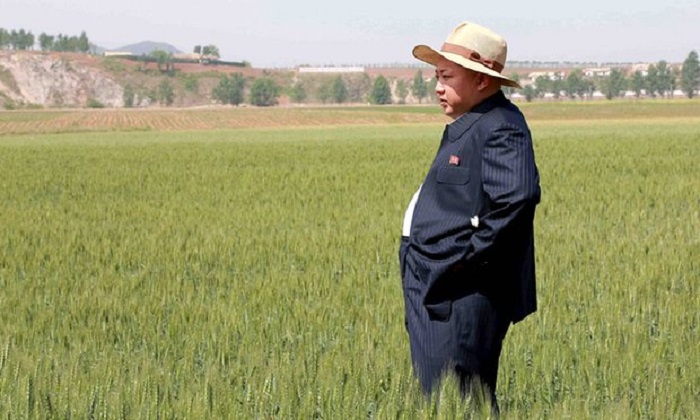North Korea orders students to embark on `rice-planting battle`

Students are said to be unhappy about the constant interruptions to their studies, amid reports that universities across the country have been closed during the mobilisation.
“The students in our province have been sent to agricultural regions such as Koksan County and Yonsan County,” said a source in North Hwanghae province. “During the 70-day battle the students were forced to plant seeds and pull up weeds. Now they are heading off to the farms again.”
“The students have asked, if these kind of ‘battles’ continue to arise, when are we supposed to study?” the source added.
Kim Jong-un has frequently underscored the importance of education, describing universities as the “platform for launching the future of the nation, one of the main pillars of society, and the training ground for leaders”.
Yet the considerable amount of time students are ordered to work on projects for the regime has led to complaints that they are being exploited for their labour.
“University students have spent more time working on the farm than they have spent studying for their classes or learning about science and technology,” said a separate source in South Hwanghae province.
“Under such circumstances, students naturally complain that it is difficult to imagine how these universities will be able to fulfil Kim Jong-un’s order to create illustrious students with technological capabilities.”
Sources said that wealthier students are able to pay bribes to escape these duties, with professors said to excuse students from hard labour in exchange for $100 (KPW 810,000) a person.
“Those who don’t have the money to bribe their way out of the mobilisations are nonetheless forced to pay school fees, even though they are going to the farm,” the source said. “These fees include money for their professors and money to contribute to food. Those too poor to contribute are ridiculed in front of the entire class.”















































